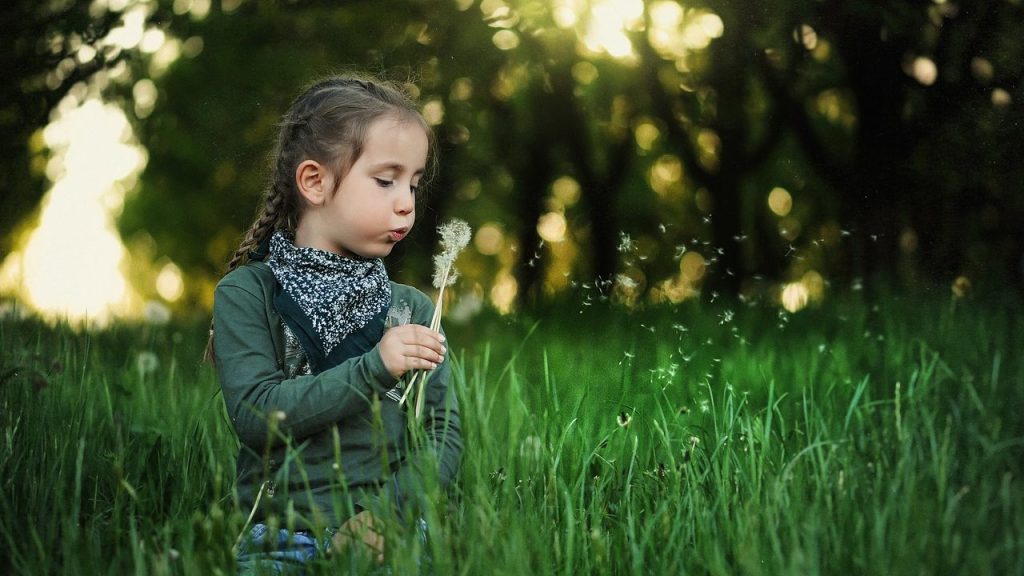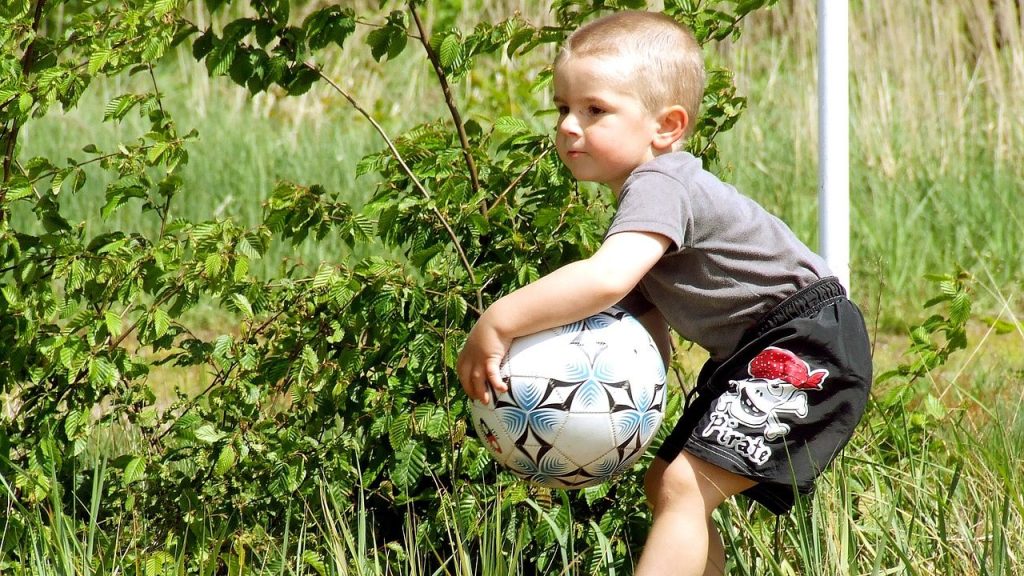
Table of Contents
STEM stands for Science, Technology, Engineering, and Mathematics. It represents an interdisciplinary approach to learning that encourages children to explore and understand the world around them through these four core subjects. STEM learning could foster curiosity, creativity, and a love for learning—crucial skills for success in the 21st century—if not for the high-pressure, high-stakes approach used in some early learning settings.
Over the last few decades, as schools have struggled to meet their academic goals, STEM and other topics have been pushed into the early years.

Playful STEM
When it comes to STEM and early childhood education, self-directed play and exploration are a perfect match. Here’s how it works:
- Science—Science focuses on systematically seeking understanding. Children are wired from birth to be natural investigators. Activities like examining bugs on the playground, mixing play dough colors, and throwing rocks allow kids to seek understanding through self-directed investigation—laying the foundation for scientific thinking.
- Technology—Technology doesn’t just mean screens and electronic devices. It refers to tools and systems that make life easier. For young children, the world overflows with unique technology they want to explore: pulleys, magnets, staplers, zippers, ramps, hammers, funnels, pendulums, slingshots, and more.
- Engineering—Engineering is all about building and creating. A STEM-focused early learning setting offers ample and diverse opportunities for creating. Such opportunities include processing art centers, tinkering spaces, block areas, mud kitchens, woodworking areas, and ramp play areas.
- Mathematics—Mathematics is everywhere, and self-directed play and exploration make its fundamental concepts engaging and accessible to young children. Activities like building with blocks, setting a table, packing a suitcase, sorting stones, creating patterns with paint, measuring ingredients for baking cookies, and dumping sand from one container to another demonstrate this.

Practical Tips For Supporting STEM Learning
Here are some tips for supporting STEM learning in the early years:
- Keep It Playful—Opt for child-led play and exploration over adult-led lessons and pre-planned activities. Children are wired from birth ready to learn through self-initiated activity. Trust them to do so.
- Encourage Curiosity—Foster curiosity by asking open-ended questions, creating exciting environments for exploration, and offering opportunities to tinker and experiment.
- Supply Novel Materials—Stock your play environment with interesting loose parts, blocks, tools, and consumable supplies.
- Create Yes Environments—’NO’ stops exploration in its tracks; ‘YES’ opens new pathways. Whenever possible, support children in trying new things, using unique methods, and engaging with the world in interesting ways. Consider health, safety, and your comfort level, but say yes when you can.
- Curtail Screen Time—While digital technology has a place in STEM education, active, hands-on interaction with exciting materials and ideas gives young children richer learning opportunities.
- Celebrate Mistakes—Show children that mistakes create opportunities to learn and grow. This mindset is crucial in STEM fields, where trial and error are common.
- Provide Time And Space— Ensure children have large blocks of uninterrupted, self-directed play and exploration time.  Ideally, this abundance of time should come with plenty of space to do everything listed above. 

Things To Avoid
Some things to avoid:
- Formal Sit-Down Lessons—Formal sit-down lessons, lectures, and worksheet-based activities are inappropriate for teaching STEM concepts to young children. These traditional approaches can make learning feel rigid and disengaging, which stifles curiosity and the natural investigative mindset children possess.
- Overemphasizing Correct Answers—Focusing solely on getting the ‘right’ answer limits a child’s willingness to experiment and explore. STEM learning in early childhood should emphasize the process—observing, hypothesizing, testing, and discovering—rather than simply arriving at a predetermined answer.
- Memorization—Memorizing facts and figures is not essential at this stage of learning. STEM in early childhood should focus on hands-on exploration and inquiry, not rote memorization of information. Developing a sense of wonder and learning through doing is far more valuable for young children than simply recalling isolated facts.
- Rushing Development—Avoid pushing children into activities they aren’t developmentally ready for. Early Children need time to develop foundational skills, like fine motor control and spatial awareness, before diving into more abstract concepts. Pushing beyond their readiness can lead to frustration and disinterest.
- Filling Every Moment—Young children need time to process their experiences. Constantly filling every moment with structured activities doesn’t allow them the mental space to reflect, synthesize information, and make connections. Ensure children have unstructured downtime to digest what they have explored and experienced.
Wrap-Up
By embracing STEM concepts within the context of play, parents and early learning professionals can empower children to develop the skills needed for a future where critical thinking, problem-solving, and innovation matter most. Let children play, explore, and discover in their early years. All will benefit; some will become scientists, engineers, and creative thinkers.
Contribute content to Playvolution HQ
Brought to you by Explorations Early Learning
Thoughts On This Entry?
I’d love to hear your thoughts on improving this entry and suggestions for additional glossary additions in the comments below. You can also contact me with comments or concerns.
Browse Trainings
Post Author
Jeff Johnson is an early learning trainer, podcaster, and author who founded Explorations Early Learning, Playvolution HQ, and Play Haven.


Leave a Reply